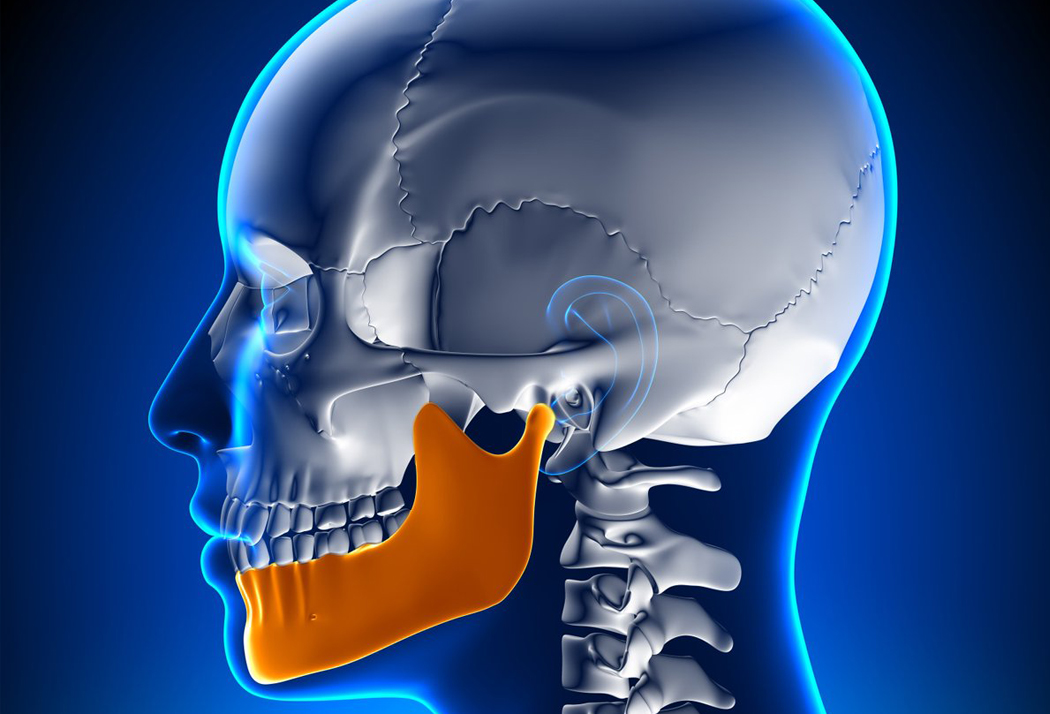What Is Jaw Bone Resorption? How Is It Treated?
Jaw bone resorption is the process where bone tissue in the jaw deteriorates or is absorbed, often due to missing teeth, periodontal disease, or other factors. This condition can lead to a decrease in bone density and volume, affecting facial aesthetics and oral health.
Causes of Jaw Bone Resorption
Tooth Loss: The absence of teeth leads to a lack of stimulation in the jawbone, causing it to weaken over time.
Periodontal Disease: Gum disease can result in bone loss around the teeth.
Inadequate Oral Hygiene: Poor dental care can contribute to gum disease and tooth loss.
Dental Procedures: Some surgical interventions can also lead to bone loss if not managed properly.
Treatment Options
Bone Grafting: A surgical procedure that involves adding bone material to the jaw to restore lost volume and density. This can prepare the area for future dental implants.
Dental Implants: Placing implants can stimulate the bone and prevent further resorption.
Guided Bone Regeneration: A technique that uses membranes to direct the growth of new bone in areas where it has resorbed.
Periodontal Treatment: Managing gum disease can help preserve existing bone and prevent further loss.
Importance of Early Treatment
Early intervention is crucial to prevent significant bone loss and restore jaw function and aesthetics. Regular dental check-ups can help monitor oral health and detect issues early on.
 English
English
 русский
русский
 Türkçe
Türkçe


